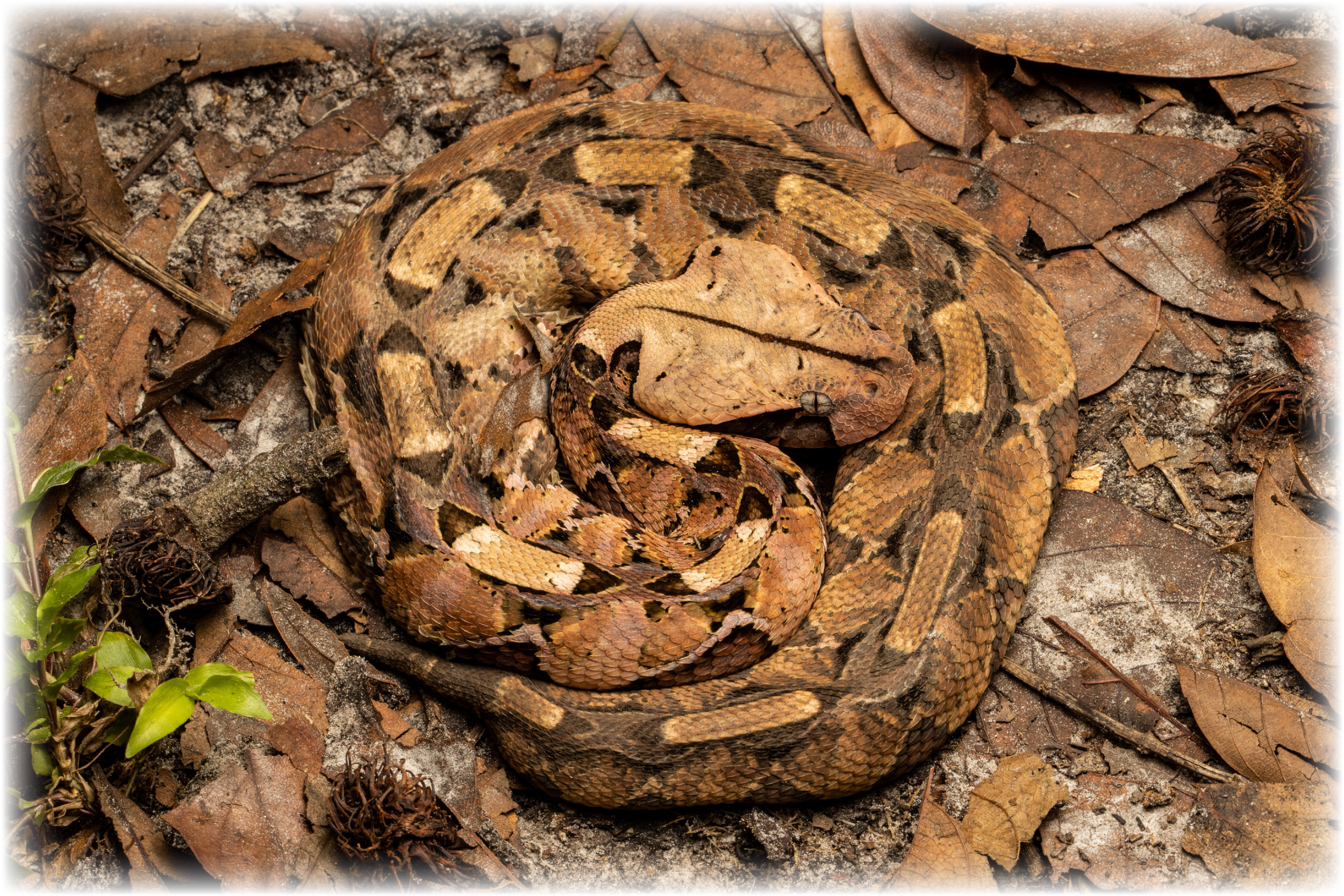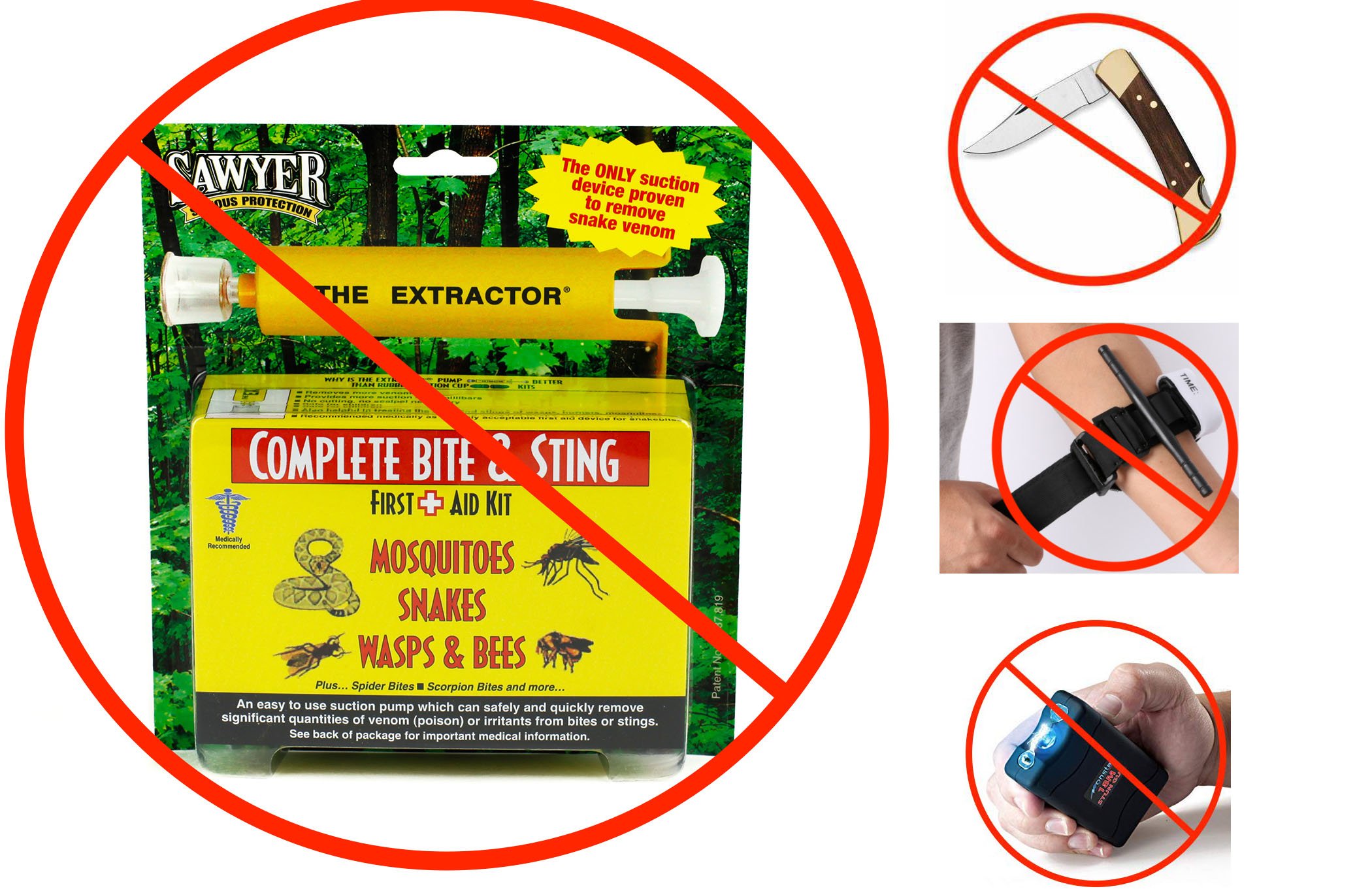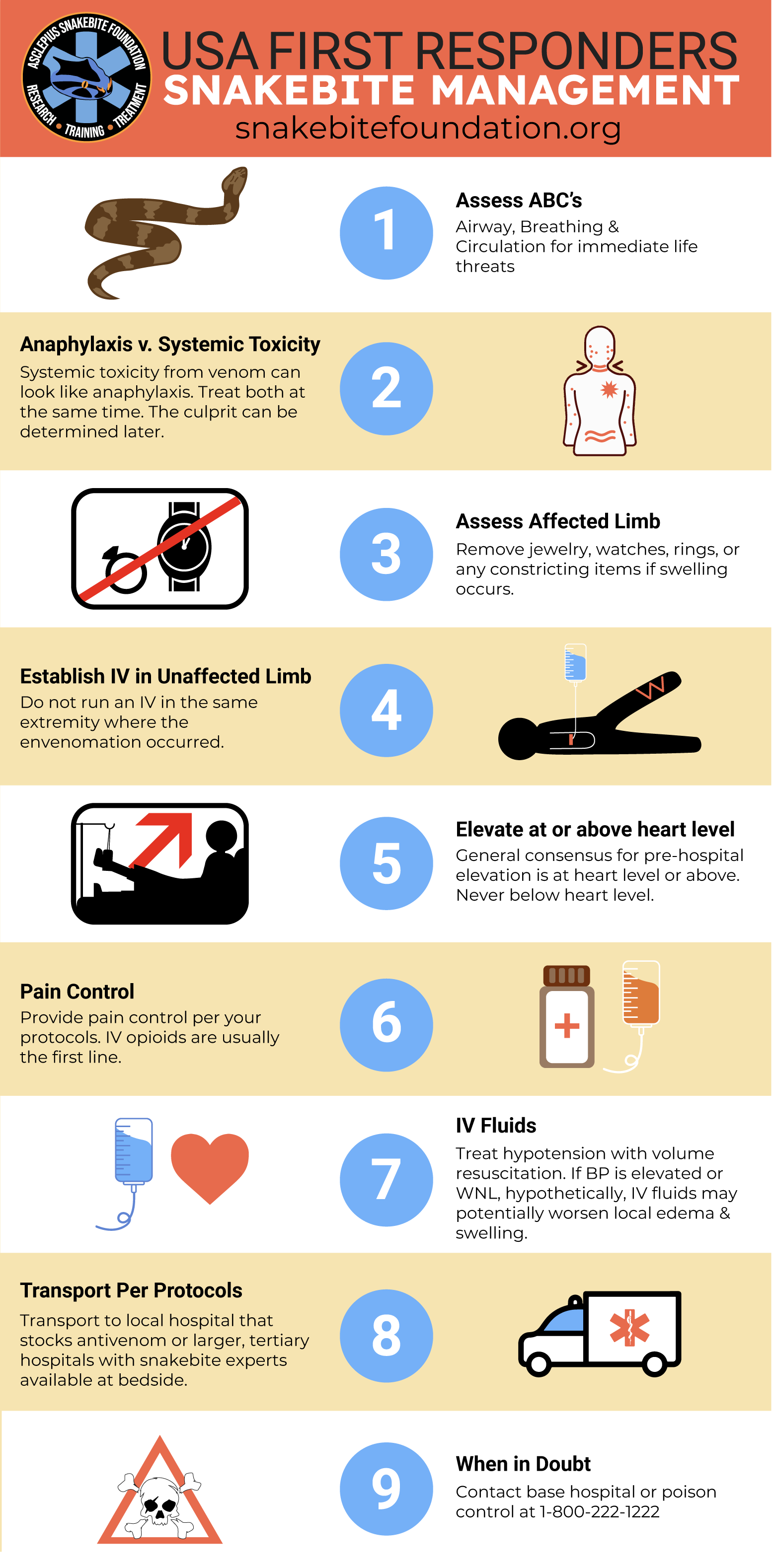
Read, Share, Give
The ASF team works diligently to address the dire need for snakebite support in tropical climates. If you enjoy the articles below, please consider making a tax-deductible donation. Recurring or one-time donations, no matter the amount, equate to life-changing support for snakebite victims and their families. If there are any topics you’d like addressed, please email us. We always love the opportunity to educate.

Snakebite Kits and Venom Extractors Do Not Work
As snakebite experts, we are frequently asked about first aid for snakebite patients. One of the most common questions is “Do venom extractors and other commercial snakebite kits actually help?” The short answer is no. In fact, most of the advice about snakebite first aid that has circulated over the past 500 years or so (and probably much longer) is bad information. Things like pocket knives, suction devices, tourniquets, gunpowder, vitamin C, freezing, burning, and even electrocution have been advocated for snakebite first aid over the years; the only thing all of these “treatments” have in common is a high likelihood of making the situation worse.

How to Treat Snakebites for First Responders in the United States
Approximately 9,000 snakebite envenomations occur yearly in the United States. Most of these envenomations are due to pit vipers, including rattlesnakes, cottonmouths, and copperheads. Fortunately, due to rapid access to medical care, deaths are rare, with only 3 to 5 occurring nationwide each year. Our emergency medical system is the first link in the chain of treating patients. In comparison to many areas of the world, the U.S. has an advanced system of highly-trained EMTs and paramedics skilled in the prompt assessment, stabilization, and transport of critically ill patients.

